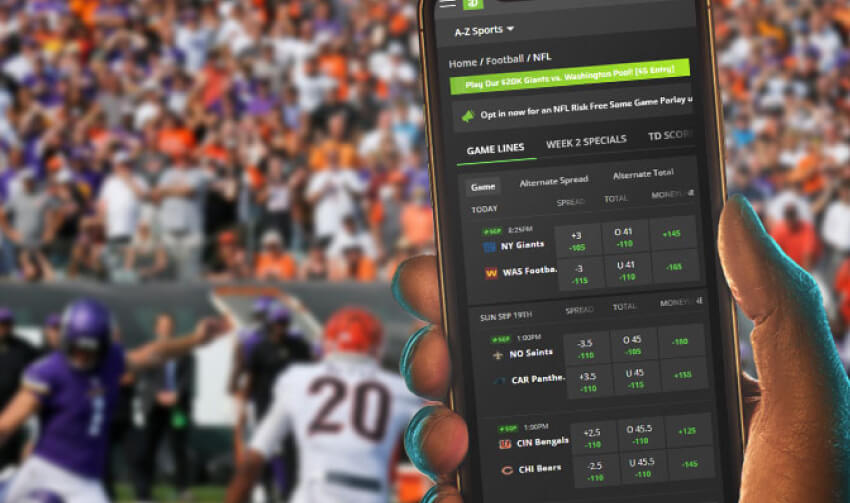
The Pennsylvania Department of Drug and Alcohol Programs (DDAP), Penn State, and the Pennsylvania Gaming Control Board (PGCB) recently released the second annual report analyzing the impact of online gambling, also referred to as interactive gaming or iGaming in Pennsylvania.
“This report will assist DDAP in its mission to assess and address how gambling behaviors impact compulsive and problem gambling within the Commonwealth,” said DDAP Acting Secretary Dr. Latika Davis-Jones. “We want to ensure we are offering all the resources we can at the state level to anyone who may be experiencing problem gambling behaviors. Knowing the current online gambling trends in the state will help DDAP make informed decisions and help to spread awareness that treatment and resources are available to help when this recreational hobby becomes a more serious problem.”
Under Act 42 of 2017, which legalized interactive gaming in Pennsylvania, DDAP is required to complete an assessment and report on the impact of interactive gaming in the Commonwealth. Funding for this report is provided by law through fees the PGCB assesses from interactive gaming licensees.
“Monitoring gambling behaviors, especially as we embark on an era of increased access to online gambling opportunities, will be essential to develop knowledge associated with their impacts on the health of our Commonwealth’s residents, families, and communities,” said Glenn Sterner, assistant professor of criminal justice at Penn State and Social Science Research Institute cofunded faculty member. “Using data from this survey can ensure that any interventions that may be needed are grounded in evidence.”
The findings of this report were generated from a survey of more than 1,100 individuals across Pennsylvania in 2022; read an executive summary here. Some of the most notable findings show:
- more than one in three online gamblers had at least one problem with their gambling
- 11 percent of Pennsylvania adults engaged in online gambling
- the average age of online gamblers was in the late 30’s and the majority (66 percent) were men
- the most popular online gambling format was online sports betting (54 percent)
“The PGCB applauds the legislature for including the requirement of creating an annual impact report when they expanded gambling in Pennsylvania,” said PGCB Director of the Office of Compulsive and Problem Gambling Elizabeth Lanza. “It is vital that we explore and analyze the trends and risks that are captured annually within these reports. Organizations, including the PGCB, can create new tools and modify existing programs to align with report findings to better serve those who are experiencing problems with their gambling behavior. We are incredibly grateful to DDAP and PSU for their ongoing effort in conducting research and creating this report. Additionally, we would like to thank the gaming industry for their support of this project.”
Gambling, even through legal avenues, becomes a problem when individuals begin to develop strained relationships with loved ones, borrow money to gamble, gamble to experience a high or feeling, miss work, school, or other activities and obligations in order to gamble. These behaviors can have a serious impact on a person’s financial, physical, and mental health. Other symptoms of problem gambling include trying to hide or lying about gambling, using gambling as an escape to avoid dealing with other problems, and feeling like the habit is out of control but being unable to stop.
Pennsylvania’s Self-Exclusion Program allows an individual to request to be excluded from legalized gaming activities including iGaming and those within a casino and offsite venues. More information on the program and ways to identify problem gambling can be found through the PGCB’s website specific to its efforts in compulsive and problem gaming.
Individuals seeking compulsive or problem gambling treatment can call Pennsylvania’s helpline at 1-800-GAMBLER (1-800-426-2537). This helpline is available 24 hours a day, 365 days a year to connect callers with local resources in their community. A live chat option is also available online or via text message at 1-800-522-4700 for those seeking help who may not be comfortable speaking to a helpline operator.
For more information on problem gambling resources, visit ddap.pa.gov.